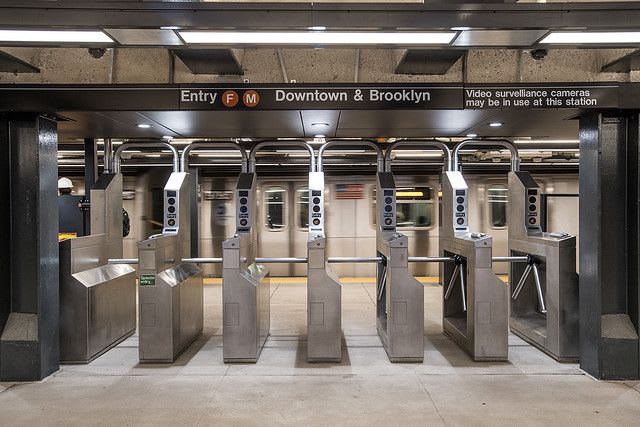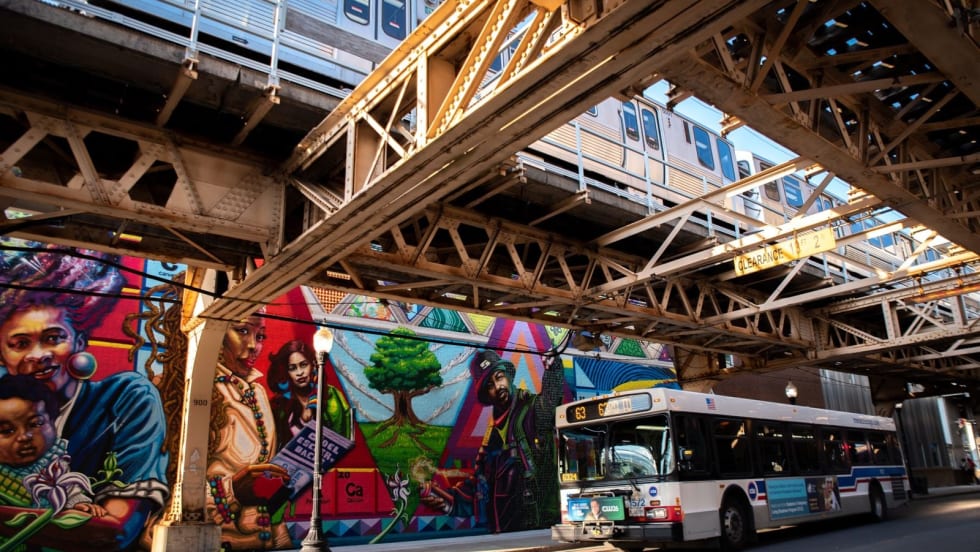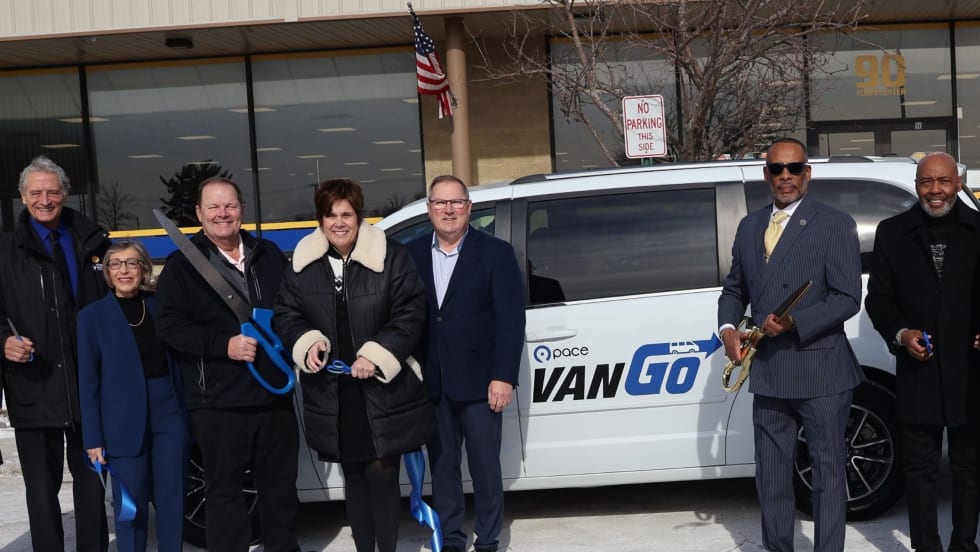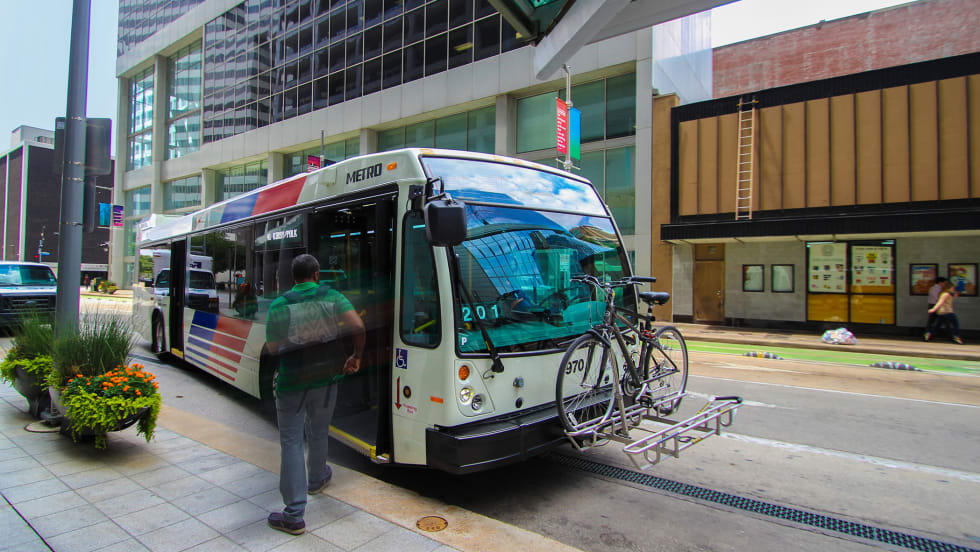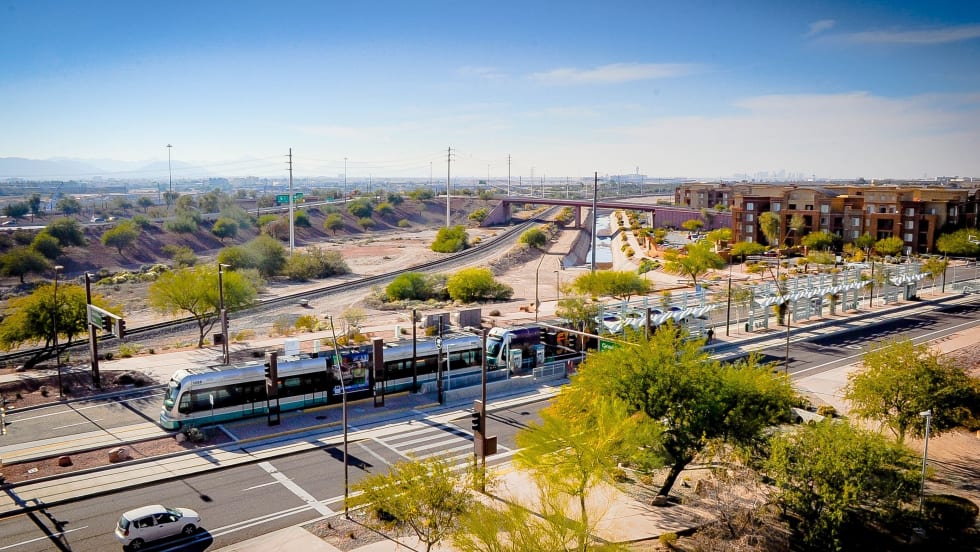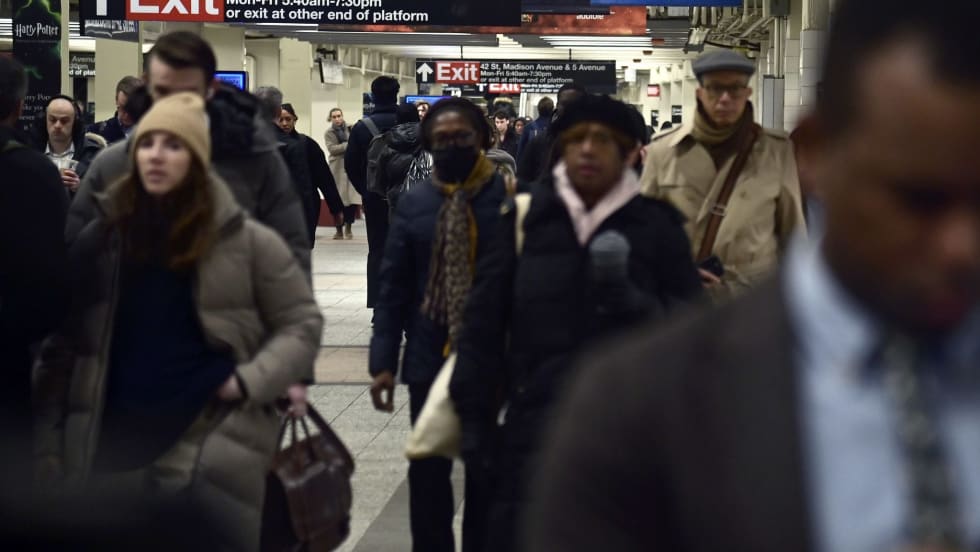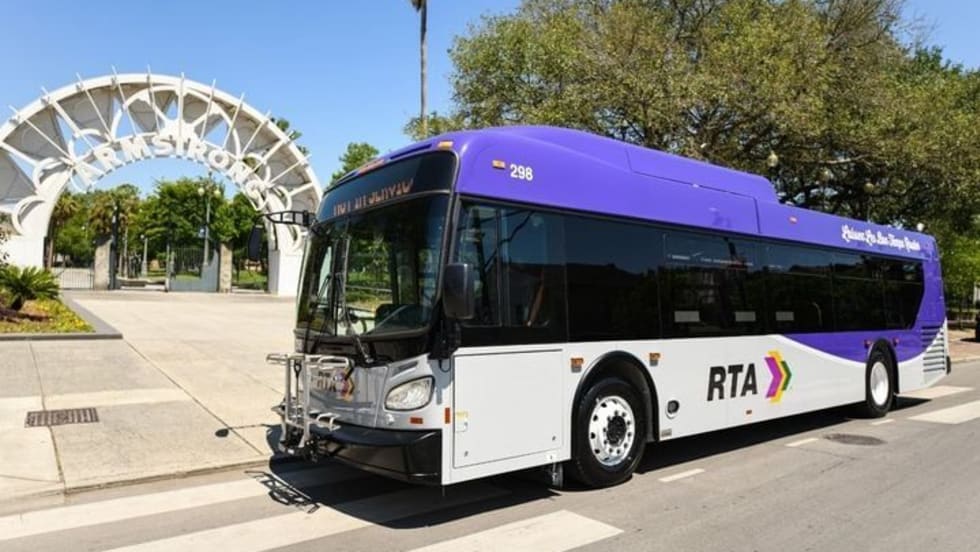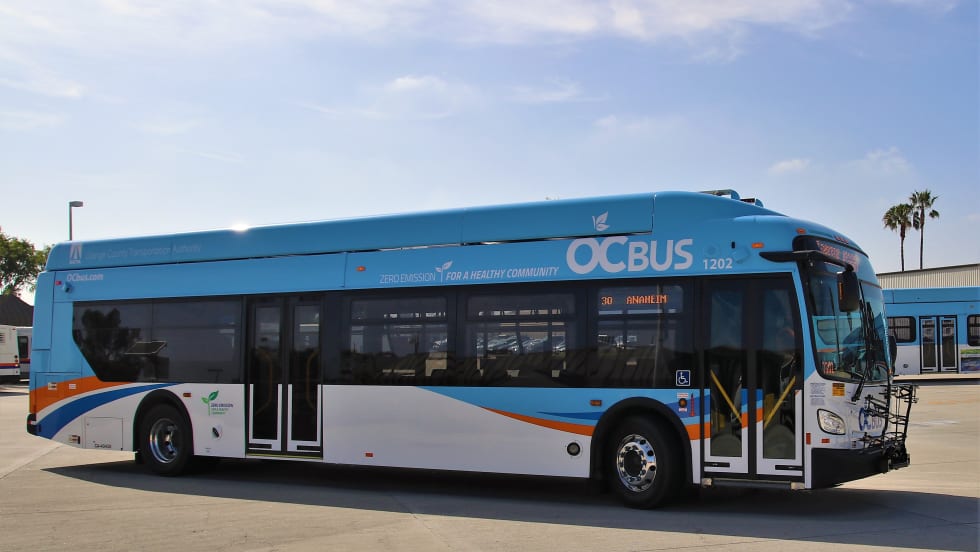To encourage New Yorkers to get back on subways, buses, and trains, and to reduce the cost and worry surrounding everyday travel, New York’s Metropolitan Transportation Authority (MTA) announced a pilot fare program it is calling more affordable, flexible, and fair.
The temporary promotional changes to fare structures will begin Feb. 28 for New York City Transit and Feb. 25 for commuter rail tickets. The pilot will last for at least four months.
“Bringing riders back to mass transit depends on three variables — reliability, safety, and price. We’ve made it a priority to get creative on fares,” said MTA Chair and CEO Janno Lieber. “Transit affordability is also an equity issue, and we are committed to providing a wide range of new discounts, while ensuring the MTA maintains a solid bottom line.”
The best weekly fare will be available to all riders who tap with OMNY, without the burden of pre-paying for the week, or having to track their progress.
OMNY’s technology provides enhanced flexibility to subway, local bus, and Staten Island Railway customers, so they can start accumulating the benefits weekly without having to sign up. Anybody with a device or contactless card can start tapping their way to free rides, if they use the same device or card each time.
Customers who tap and go with OMNY will be charged the standard $2.75 pay-per-ride fare for their first 12 trips starting every Monday. Any trips after that through the following Sunday would be free.
As a result, no OMNY customer would pay more than $33 per week, which is the current price of a seven-day unlimited-ride MetroCard. This way customers receive the benefits of a seven-day unlimited-ride card without having to decide to pay upfront.
Free transfers between subways and buses will continue to be offered to all customers under this pilot. Two-part trips that are linked by a free transfer between subway and bus are considered one trip toward the 12 needed to reach the free-fare threshold each week.
3 Big Fare Changes for the Long Island Rail Road and Metro-North Railroad
The MTA recognizes the evolving transportation needs of its customers with flexible work hours, and the fare pilot offers new, more affordable ticketing options for Long Island Rail Road and Metro-North Railroad customers.
The pilot also offers promotional fares designed to encourage railroad ridership within New York City. The MTA will offer three major changes to railroad fares:
A new 20-trip ticket will offer 20% off comparable 20 peak one-way fares when purchased through MTA eTix, or at a ticket window. These tickets are valid for 60 days.
Monthly tickets, which are currently discounted between 48% and 61% of the price of a comparable number of one-way peak tickets, will be discounted by an additional 10%.
CityTicket, which offers a reduced, flat fare for rail travel within New York City on weekends, will be extended to all weekday off-peak trains at a fare of $5.
All LIRR and Metro-North fares will remain off peak through Feb. 28, 2022.
The MTA will evaluate the new fares’ impact on operations, the customer experience, and farebox revenue. If the pilot proves successful, the new fare structures could be extended or become permanent.




